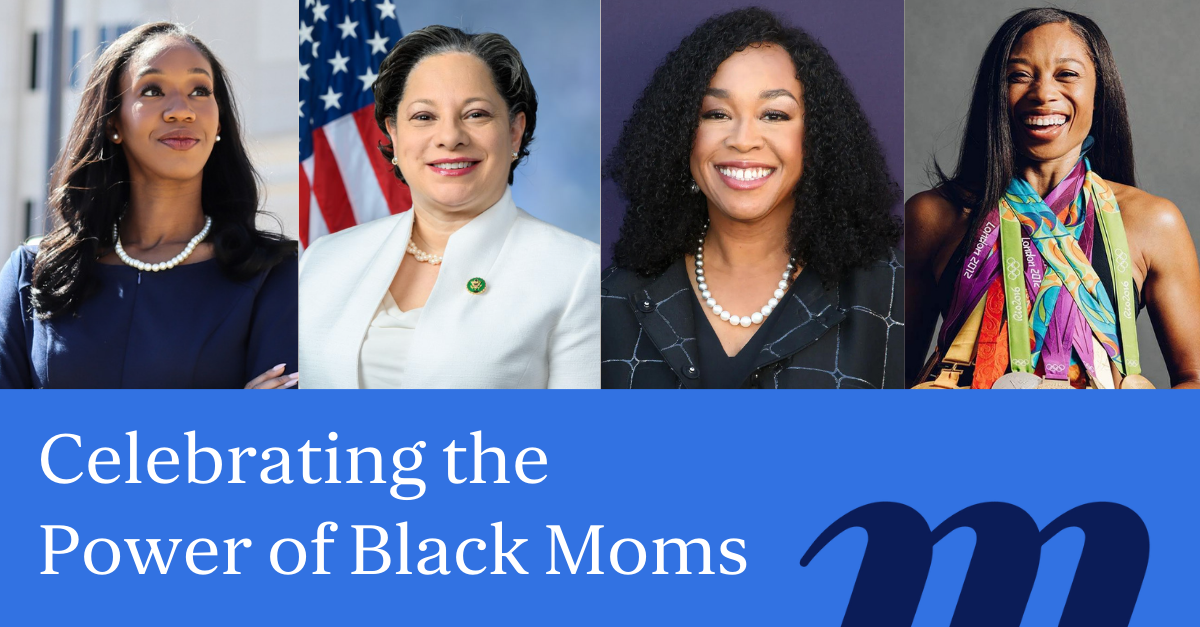“So, tell me about yourself.”
We’ve all been asked this question before, whether it was on a first date or while mingling at a party.
More often than not, this is the first question you’ll be asked in an interview—whether it's in-person, virtual or by phone. It’s a great ice breaker that allows the interviewer to learn more about you while giving them an opportunity to smoothly transition into the next question. This is also a great opportunity to start building rapport with the interviewer.
Yet when presented with the question in an interview, it’s easy to fall into ramble mode, circumventing the real story. Who are you!? The nature of such a broad, open-ended question can be intimidating but you can use that ambiguity in your favor—it’s a chance for you to present yourself with an impactful personal statement that gets the interviewer excited about your candidacy.
Structuring your answer to “tell me about yourself”
First things first, make sure you keep your response to “tell me about yourself” in an interview between 1-2 minutes long. This shows your ability to communicate clearly and effectively, and helps to avoid losing the interest of the interviewer.
So how do you keep it concise? Think of yourself as the architect behind your answer. Like any sturdy structure, you need a solid foundation to start, and then you can build your answer, brick by brick.
When you're prompted with the question in an interview, put yourself in the perspective of the interviewer. They want to understand why you should be considered for the position and what about your background and experience will make you a great fit for the role.
Establish Why You’re There
When crafting your answer, it’s important to frame it around how your experience is pertinent to this role. What an interviewer is really asking is, why are you a good fit for this job? So make sure your response answers that question.
Before the interview, do some research on the position and re-read the job posting. This will help you think about how your experience applies to the job, what skills will translate well to this new role (even if they aren’t the exact skills) and how some of your personal interests align with the job description or the company’s values.
Once you’ve established a foundation from which to base your answer, it’s time to customize it with your character.

1. Call out your relevant experience and skills
Communicate how your unique experience and qualifications make you a great fit for the role. Think of tangible and timely examples. Did you accomplish a major milestone in your last role? Did you manage a high performing team? Do you have a particularly impressive background in a certain area of expertise?
Remember to be specific and support your answer with real results. For example, instead of saying "I have experience in member growth," try, "Growing the member base over 60% in 18 months is one of my proudest accomplishments from my role as ____ at ____."
👉 Stick to 2-3 impactful strengths or accomplishments that are relevant to the role, so you’re able to support them with impressive data within a reasonable amount of time.
2. Communicate your passion
Get into what excites you! What stood out to you about the company and job description? Talk about any shared interests or values you have with the company, and how you’ve pursued those on your own. Interviewers will often reject technically qualified candidates who lack enthusiasm, so use this section as an opportunity to set yourself apart. Keep in mind your nonverbal clues like tone of voice and eye contact to match sure they match the level of excitement that you’re communicating.
Example: "While managing a client’s marketing campaign against animal testing last year, I developed a passion for animal rights. Since then, I’ve been doing a lot of research and following the news on the topic, which is how I found out about your non-profit."
3. Share your career goals
What did you like best about your last role and what do you want to do in the next role? Talk about your career goals and how you see them aligning with the company’s goals, mission and vision for the long term. For instance, do you envision yourself contributing to a company long term that prides itself in the certain values they stand for? Are you eager to be an integral part in helping them achieve their goals while developing your career?
Example: "I really liked being able to train and manage junior developers in my role as an engineering team lead over the past two years at my current company. I’d like to be able to take on more responsibility in this area to move up to become an engineering manager in the next 5 years. I understand that your company has a standardized track to train and advance engineers to managers at their own pace, and I think I would be a great candidate for that program."
And if you have time, consider citing a specific anecdote or incident to showcase your positive characteristics.
Example: "In my first six months at my current job, I led a team of four in developing a plan to cut down my team’s marketing budget by 22% while increasing customer engagement by 15%."
Crafting your response to “tell me about yourself” in different phases of the interview process
With each new step in the interview process, chances are you’re going to be asked to talk about yourself more than once from multiple people. While you want to stick to the same general message, it’s important to adjust your answer based on the audience and what phase of the interview process you’re in.
From there, you can implement these particulars that pertain to who you are interviewing with:
- Recruiter: Talking to a recruiter is usually the entry point to determine if you have the necessary experience and background the employer is looking for in order to advance to the next round. Give them an introduction that makes them want to keep you around longer to hear more. Think bigger picture and save the details for the hiring manager.
- Hiring Manager/Future Manager: Once you get to this step, you can get into a more specific opening answer that speaks to the more operational side of the job. Support your accomplishments with tangible and timely evidence. Whereas you might’ve simply told the recruiter that you grew your sales market, with the hiring manager, you can discuss the percentage or amount by which you grew it and (if you can keep it brief) how you grew it.
- Executive level: This is the time to emphasize your passion for contributing to the company’s overall goals, mission and values. How do your experiences, skills and values support the company as a whole?
Keep in mind that how many people you meet in the interview process (and their seniority levels) will depend on the role and size of the company. For a company of 20 people, you might meet everyone in the interview process; however for a company of 5,000 you most likely won’t go much further than the hiring manager.
👉 As you advance through the interview process, evolve your answer to incorporate your conversations from the prior interview. Discuss what you learned and how that might inspire and excite you even more about the job.
What to avoid when answering “tell me about yourself” in an interview
Don’t bad mouth your former employers: If the interviewer asks why you’re looking to leave your current role, give an authentic answer—but keep it positive. Any negative comments can be perceived as a red flag. For example, instead of saying, ‘My supervisor kept giving me pointless work,’ opt for, ‘I’m looking for a new role where I can take on greater responsibilities in my field.’
Don’t recite your full resume in your first answer: Your statement should serve as the starting point, the appetizer if you will, to lead you into the next questions. Where would the rest of the interview go if you answer all their questions from the get-go? Leave the interviewer with more to ask about and elaborate on.
Avoid sounding robotic or rehearsed: Reciting a memorized answer can come off as impersonal and flat. Try practicing a few different ways of answering “tell me about yourself” and repeat those to yourself in the mirror, or practice with your friend, roommate or partner. This can ease the tension and help you feel more natural when answering this question in an interview.
Don’t disclose too many personal details: Keep your answer to “tell me about yourself” work-centered and professional. If you have personal passion, interest or hobby that relates to the role, you can bring it up here—for example, if you organize a weekly run club and are interviewing with an athletic apparel company (just save the family drama).
Putting it all together
Considering all of these elements, you’ll be prepared to confidently deliver a response to “tell me about yourself” that communicates your experience and skills, excitement for the opportunity and career goals.
Keeping your answer clear, concise and impactful will leave the interviewer ready to hear more!
 Stand Out During Your Interview by Asking the Right Questions
Stand Out During Your Interview by Asking the Right Questions
Ask the right questions during your interview to leave a lasting impression and set you apart from fellow job candidates.
Join our professional member network
Whether you’re searching for your next opportunity, looking to give or get career guidance or just getting started—you’re in the right place. 



